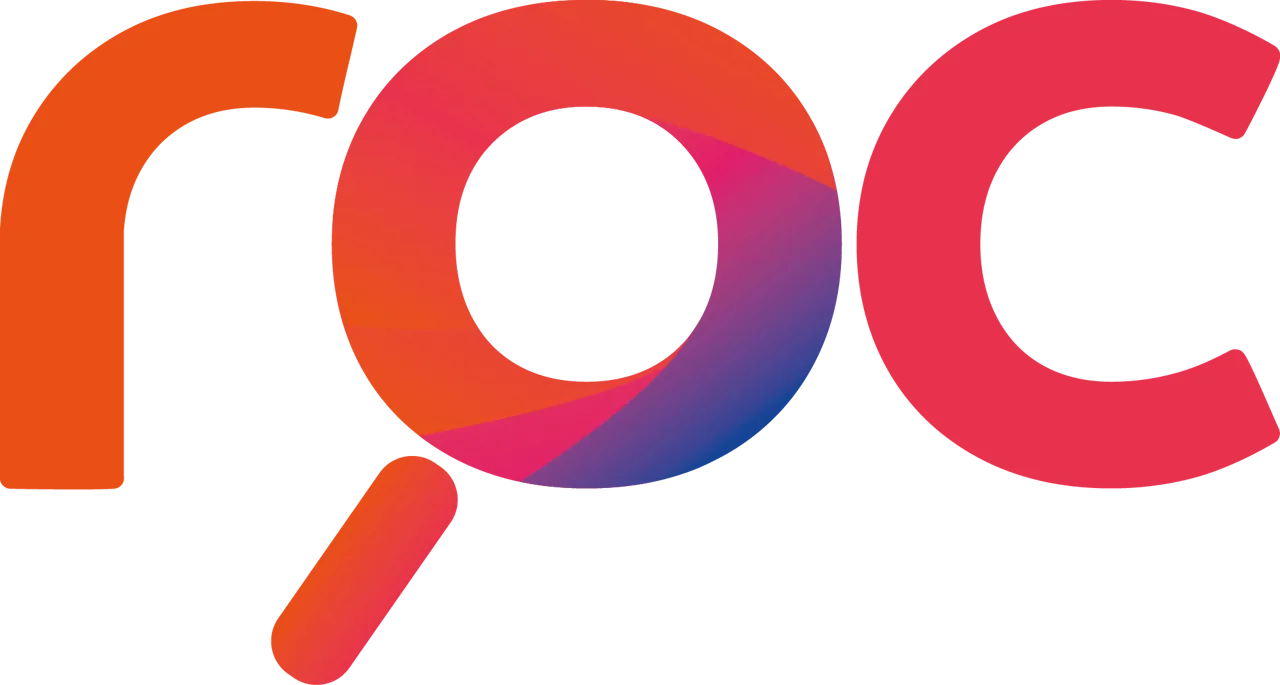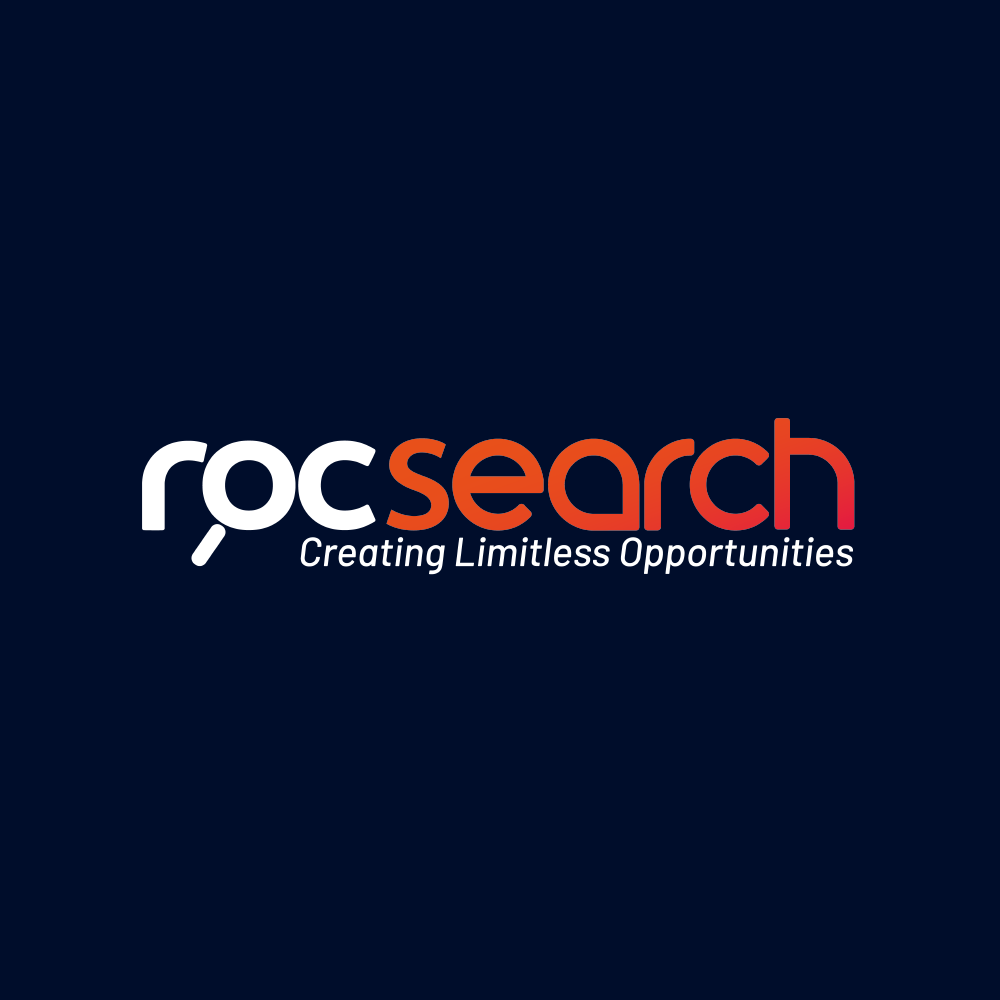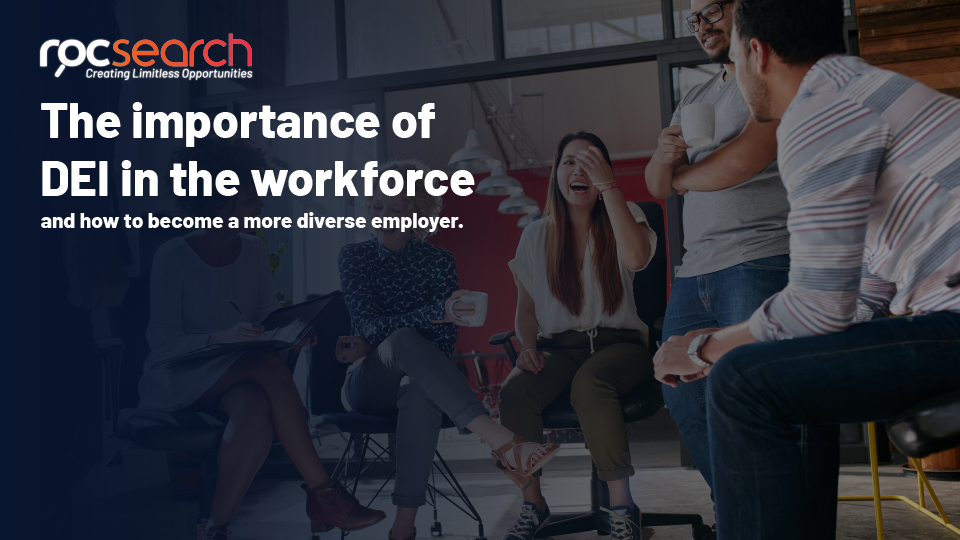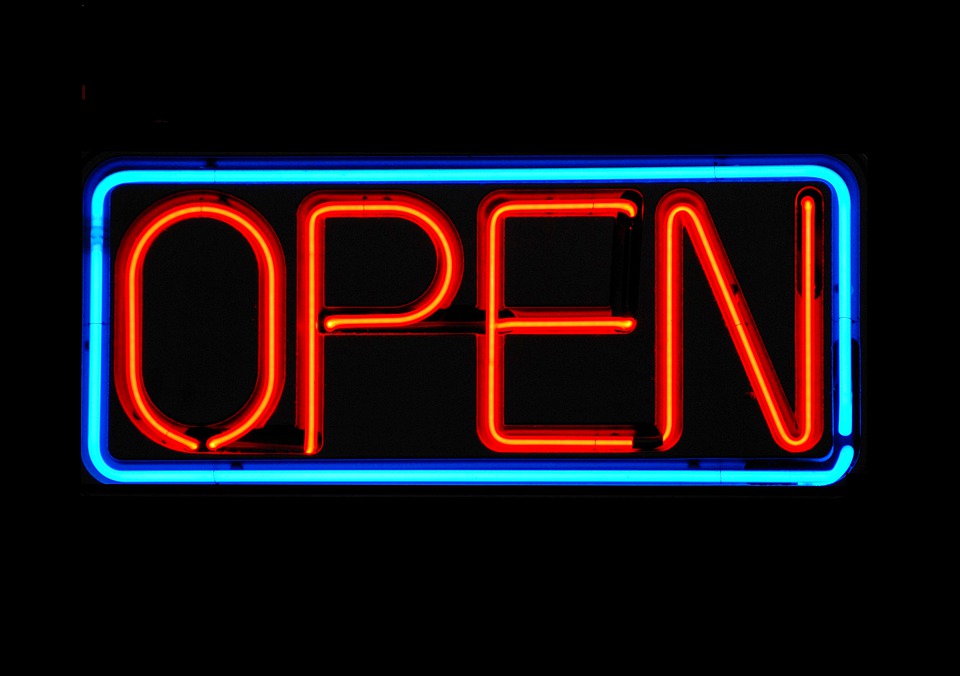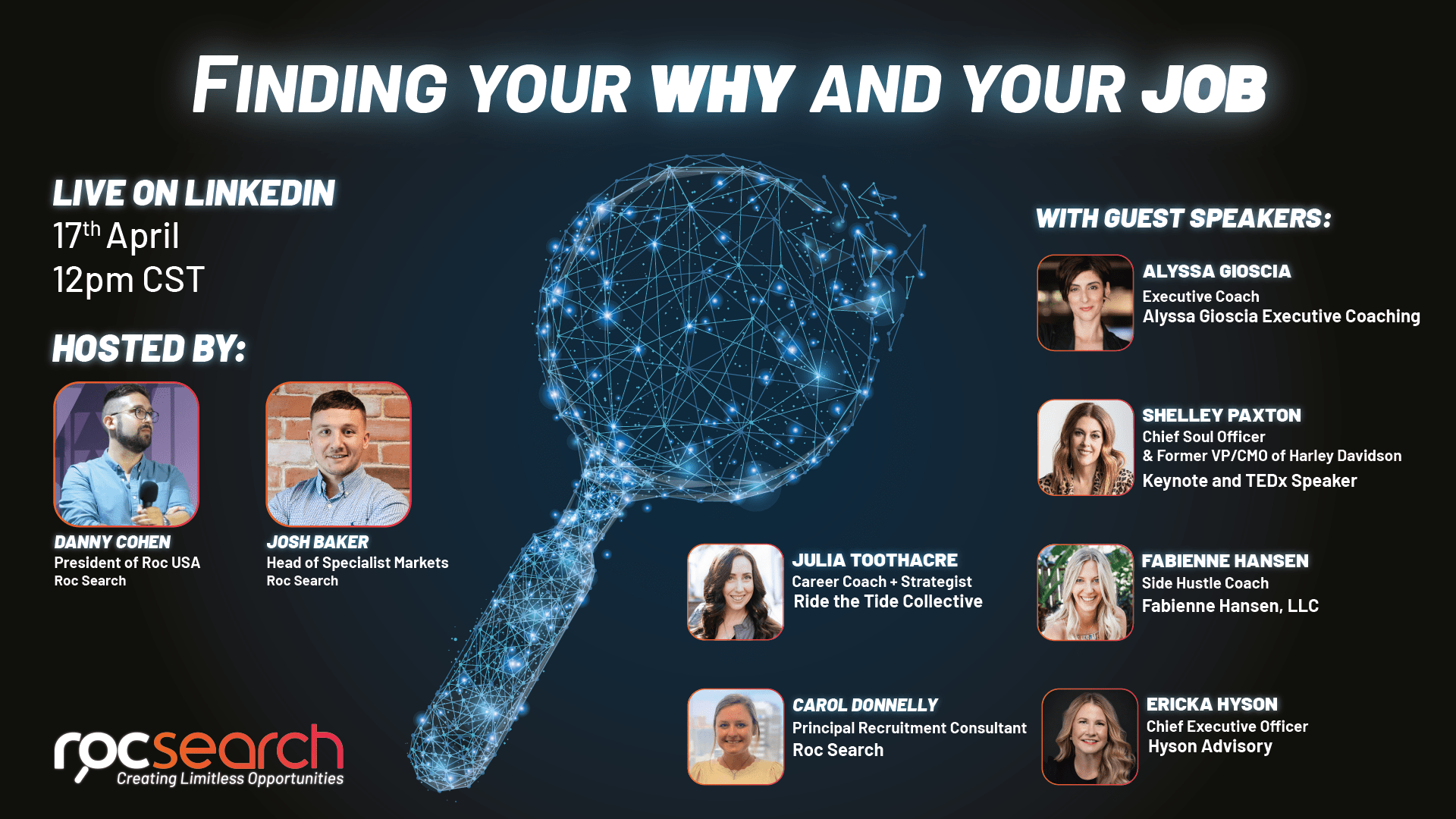
The importance of DEI in the workforce – and how to become a more diverse employer
Employers of all sizes are keen to talk about diversity, equity and inclusion (DEI). But what exactly is DEI? Why does it matter so much? And what steps can you take to encourage a more diverse workforce. Read on to find out.
What is DEI?
Think of DEI as a set of values. Values that, when combined, help organisations meet the needs of people of different races, ethnicities, genders, sexual orientations, ages, religions, and abilities. Importantly, it’s the combination of these three (related but distinct) values that really matters. Diversity, for example, delivers maximum benefits only when it is intertwined with equity and inclusion. If you have a diverse workforce, but no sense of equity and inclusion, you’re missing the point.
With that in mind, let’s break down the three terms and what they mean:
- Diversity is about who is represented in the workforce. A diverse workforce is one that represents people from all walks of life.
- Equity is about the fair treatment of all people in the workforce. Note that this isn’t the same as equality, since equality implies all people should be treated exactly the same – while equity means taking into account an employee’s unique circumstances and treating them accordingly, so that they have equal opportunities.
- Meanwhile, inclusion is about how people experience the workplace. For example, do they feel that their voices are heard?
We also love this definition by the University of Michigan, which describes DEI in terms of a party:[i]
- Diversity is where everyone is invited to the party.
- Equity means everyone gets to contribute to the playlist.
- Inclusion means everyone has the opportunity to dance.
The many benefits of diverse, equitable and inclusive workforces
Make no mistake, DEI has a clear impact on business outcomes, leading to stronger, more profitable, better-performing organisations. But don’t take our word for it. McKinsey research across several years has shown that DEI is even more important than first thought – especially when it comes to diverse leadership:[ii]
- Companies in the top quartile for both gender and ethnic diversity in executive teams are 9% more likely to outperform their peers.
- Meanwhile, those in the bottom quartile are 66% less likely to outperform financially (that’s up from 27% in 2020).
McKinsey also found a link between diversity of leadership and diversity across the organisation. As an example, for a 10% bump in women’s executive representation, there’s an average 2.1% increase in the percentage of women employees and women managers. A similar effect was seen for ethic representation.
DEI is also a key factor in attracting quality candidates. According to Glassdoor research, more than three out of four jobseekers cite diversity as an important consideration when weighing up potential employers and job offers.[iii] And for those already in the workforce, diversity positively impacts employees’ job satisfaction[iv] and decision making.[v]
Bottom line, forward-thinking employers now see DEI not just as the right thing to do, but as another way to attract and retain talent, boost employee satisfaction, and drive business performance. So if you want to stay ahead of the competition, you need to be paying attention to DEI.
How can your company build a more diverse, equitable and inclusive workforce?
When it comes to recruitment, the short answer is you need to be hiring with DEI in mind. We know this sounds obvious, but research has shown that people unconsciously (and mistakenly) hire people just like themselves.[vi] This means employers must take deliberate steps to break existing patterns and rethink hiring.
Whether you’re working with internal or external recruiters, here are some practical steps you can take to hire with DEI in mind:
- Train hiring managers to identify existing (often unconscious) bias in the recruitment process.
- Tell your recruitment partners that you want to see a diverse shortlist. If you don’t do this, some (not all) may not give much consideration to diversity.
- Take a look at the language used in job listings and job descriptions to ensure it’s inclusive. A good recruiter will know what to look for, and may even leverage technology to spot and fix biased language.
- Also consider anonymising applications when assessing candidates. By removing information that might indicate the candidate’s gender or ethnicity, you can eliminate unconscious bias and ensure the hiring process is fair.
- Internally, you might also encourage hiring managers to expand their networks beyond their existing circles. By volunteering or partnering with organisations that are run by people from different walks of life, hiring managers can broaden their horizons.
If you are looking to work with a leading technology and engineering recruitment partner who source the best talent with DEI in mind, don’t hesitate to reach out to our team here at Roc Search.
[ii] Source: https://www.mckinsey.com/featured-insights/diversity-and-inclusion/diversity-matters-even-more-the-case-for-holistic-impact
[iv] Source: https://www.cnbc.com/2021/04/30/diversity-equity-and-inclusion-are-important-to-workers-survey-shows.html

